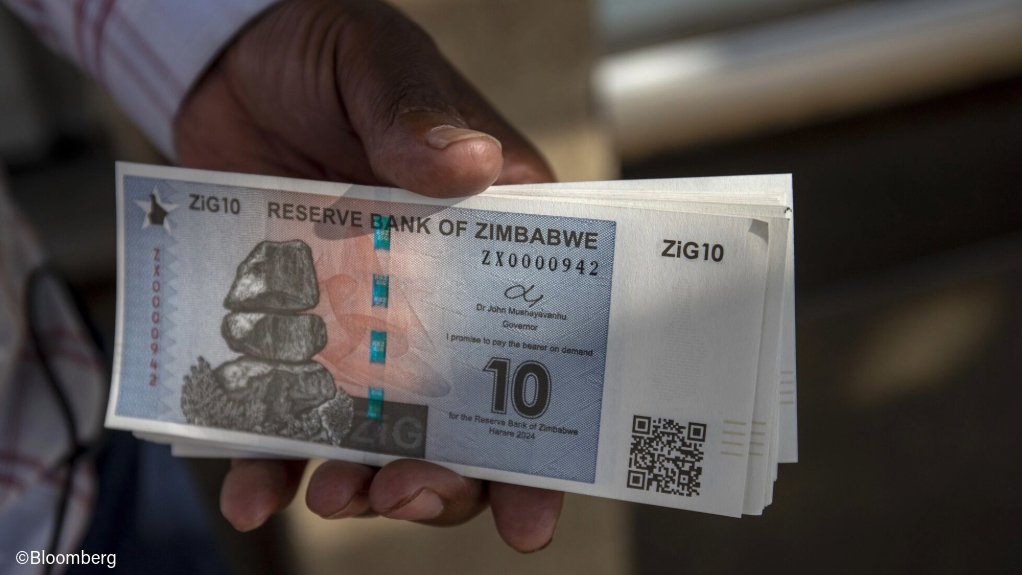
Five months later, Zimbabwe’s new currency is still having trouble
Five months after it came out, Zimbabwe’s new currency is under pressure because more grain imports are using up foreign savings. This could make the government’s plan to make it the only currency in the market by 2026 less likely to happen.
With the gold-backed ZiG (which stands for Zimbabwe Gold), the country has tried six times in 15 years to make a safe currency. When it first came out in April, it was worth 13.6 ZiG for every US dollar. On the black market, it has since lost almost 80% of that value.
Prosper Chitambara, an independent economist, said that the devaluation showed that people don’t trust the new currency and have been slow to accept it.
A member of the Reserve Bank of Zimbabwe’s Monetary Policy Committee named Persistence Gwanyanya told Reuters that even though the new currency wasn’t being used very quickly, it was still too early to call it a failure.
Gwanyanya said that the government could get more people to use the ZiG by using it to pay taxes. “Government more than any other should show preference for its own currency and there is need for urgent intervention by injecting more foreign currency on the market,” said he.
But buyers on the market aren’t sure.
“Because the ZiG is getting weaker, it doesn’t make sense to do business with it,” I don’t trust the ZiG. A man selling candy and recharge cards on the street named Maynard Maketo said, “We have been here before with the Zimdollar.”
A site that keeps track of exchange rates says that on the black market, the ZiG trades for 20 to 26 ZiG to $1, while on the official exchange, it trades for 13.9 ZiG to $1.
Carol Munjoma is a grocery store owner in downtown Harare who only accepts U.S. dollars as payment.
“The grocery store where I buy these things does not take ZiG.” To keep my business safe, I charge in US dollars. That the ZiG be stable for us to accept it, the mother of two said.
John Mushayavanhu, the head of the central bank, told Reuters in July that the government would keep its promises to build trust in the new currency. Gwanyanya agreed with this.
“It is too early to consider that this may be the death of the ZiG,” he said.
All Categories
Recent Posts
Tags
+13162306000
zoneyetu@yahoo.com



